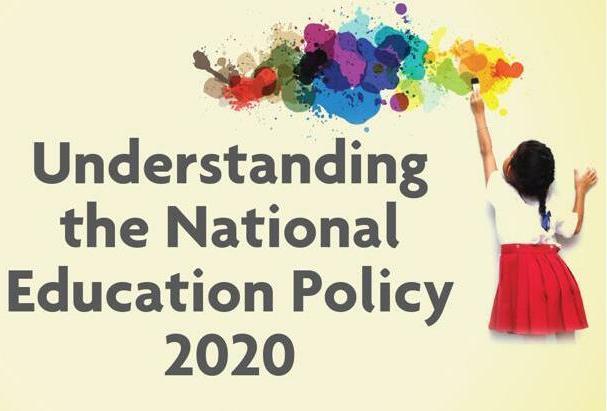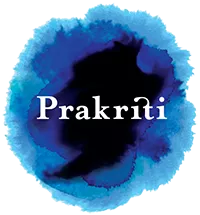Our School Director, Shilpa Tayal, recently expressed her views on National Education Policy 2020 in a panel discussion with Ms Venita Kaul, former HoD, NCERT (ECCE), hosted by Headword Publishing and explained how the school has been practising the essence of what NEP has advocated.
National Education Policy is a much-needed reform and an uphill implementation task. Rightly so, the policy emphasizes on including Early Childhood Care and Education (ECCE) in the purview of public schooling and improving the curriculum of it. The policy also emphasizes on strengthening literacy and numeracy in primary years as well as relieving children from the stress of examination in high school and beyond by suggesting rolling examination. Holistic learning, flexible streams and inter-disciplinary learning are some of the buzzwords used in the policy as well.

Literacy & Numeracy
We believe that literacy and numeracy skills can be built through methods that are play-based, experiential or in-context academic work. The goals of NEP can also not be achieved in crowded classrooms. The public (and private) schools need teachers who are able to focus on social-emotional needs as well as personalise the instruction with the right tools. The task is not easy as the first three years of learning get included in the state education system for the first time and needs significant capacity building in teachers.
Early Childhood Care & Development
A good ECCE programme has lots of physical activity, tactile and sensorial play-based learning supported by music and art. In early primary years (grades 1 & 2), interest in reading and writing needs to be developed by working in context of children, their immediate surroundings, homes and families. At Prakriti, young learners express their thoughts and feelings about their environment through words, poems and songs. We use the learning corners in the classrooms for language cards and games. In the senior primary years, the learners develop their own literature, identity texts and engage in daily reflective writing. We teach numbers and basic operations using objects. Our learners develop shapes and patterns to understand spatial mathematics.
Medium of Instruction
We are a bilingual school and recommend to families in early years to encourage the use of mother tongue. Global research in child development tells us that learners well-versed with their mother tongue are cognitively better placed to learn a foreign language compared to those who are not.
Student-Centred, Flexible and Inter-disciplinary Curriculum
At Prakriti, we have a practice of collaborating with our learners and parents every year to set up learning goals for the year. Our curriculum is dynamic, reflecting the classroom requirements from year to year, considering the skills and interests of the learners. We have aligned ourselves to IGCSE as we appreciate the liberal subject choices, pedagogic styles and the assessment freedom it provides. Prakriti way of learning is significantly inter-disciplinary, as recommended by NEP. Art is well inter-twined into language learning as the learner routinely express their emotion upon reading texts through art. Outdoor experience is usually integrated with study of Sciences, Social Sciences and Environment, read our previous blog
Competency Development & Assessment
NEP opens great opportunities for Public-Private Partnerships. It is a golden chance for the government to facilitate universal quality education from early years to grade 12 by creating clusters of competence and technology-based teacher-training. It has introduced the concept of rolling examination to ease the high school students of exam-pressure but has added informal examination in Grades 3-5 for testing literacy and numeracy. Implemented well, formative assessments can go a long way in providing feedback to the teachers. NEP talks about the flexibility and student choice in streams of learning. This is a much needed intervention for schools and parents who were extremely focused on delineating streams to maximise chances of success in undergraduate college entrance.
At the core of it, implementing the pedagogic reform under NEP requires child-centered schools, where class sizes or “scale” is not a parameter for school success, happiness of learners is.
